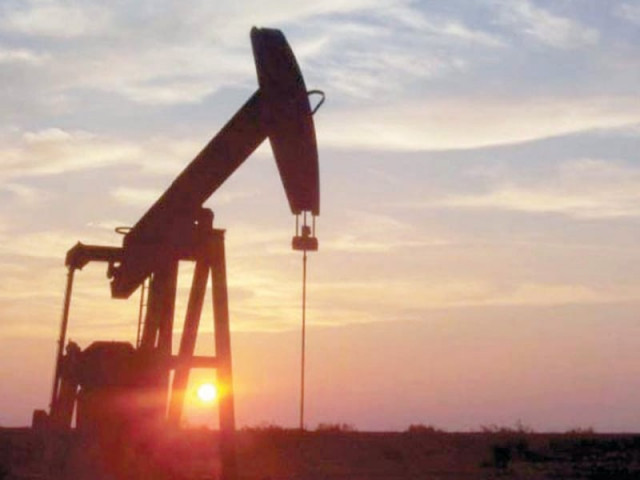Price hike demand: Mari Gas should distribute profit first, says ministry
Has reserves of Rs9b, price may be increased from $0.73 to $2.1 per unit.

The Ministry of Finance has come up with a plan that suggests that any revision in the gas pricing formula for Mari Gas Company should be linked with distribution of the company’s profits among shareholders.
“The profit of Rs9 billion earned by Mari Gas should be distributed among its shareholders as it is their right,” the ministry said.
According to sources, the ministry made the suggestion following an understanding between the Ministry of Petroleum and Natural Resources and Mari Gas that the profit, kept with the company so far, would go into national coffers.
Mari Gas had Rs9 billion in its reserves and was willing to give them up in favour of the government by converting into preference share capital if it got an increase in the gas price under a new proposed formula, they said.
However, the petroleum ministry pointed out it would have no objection if the profit was distributed among shareholders of the company.
In Mari Gas, the government has a 20% stake, Oil and Gas Development Company holds 20% shares, Fauji Foundation has 40% shares and the general public holds 20% stake.
At present, Mari Gas is running on the cost-plus formula that allows it to charge a gas price of $0.73 per million British thermal units (mmbtu). Its management is pushing the government to scrap the price formula, arguing it has not enough money to pour into exploration activities.
Under this formula, the expenditure limit for the company is $40 million per year, which is in sharp contrast to the company’s claims that it annually needs $120 million for exploration work.
Now, according to sources, the government has agreed to offer $2.15 per mmbtu to Mari Gas under the Petroleum Policy of 2001 by doing away with the cost-plus formula.
The Economic Coordination Committee (ECC) of the cabinet is expected to consider scrapping the formula in its next meeting. It is also likely to approve the distribution of company’s profit among the shareholders. Under the new proposed arrangement, officials of the petroleum ministry said, they had discussed with the company a formula linked with the price of crude oil in line with the one allowed to Pakistan Petroleum Limited (PPL).
This would provide a wellhead price of $2.17 per mmbtu at the reference crude price of $110 per barrel, to be gradually achieved in five years starting in July this year, they said.
At present, the price is $0.73 per mmbtu compared to $2.6 and $6 offered under the petroleum policies of 2001 and 2012 respectively.
After the increase in the gas price, the government will not provide exploration funds valuing $40 million per annum.
Mari Gas will undertake exploration, appraisal and development activities within and outside the Mari field with the help of its own resources including revenues from other fields and will bear all associated risks. Revenues from the gas price agreements, other than that for the Mari field, will no more be credited to Mari Gas.
For the next 10 years, the company undertakes that the distribution of dividends will continue to be in line with the present formula and profits will be reinvested in exploration and development work in Mari and other fields.
“Since the revision in the formula is being proposed from July 2014, the entire balance in the un-distributable balance and seismic unit reserves on June 30 will be transferred to the non-voting cumulative preference share capital in favour of the government of Pakistan,” the petroleum ministry said.
The company’s proposal to redeem the preference share capital in 10 years in the form of cash payment to the government is also supported.
Published in The Express Tribune, August 13th, 2014.
Like Business on Facebook, follow @TribuneBiz on Twitter to stay informed and join in the conversation.



















COMMENTS
Comments are moderated and generally will be posted if they are on-topic and not abusive.
For more information, please see our Comments FAQ